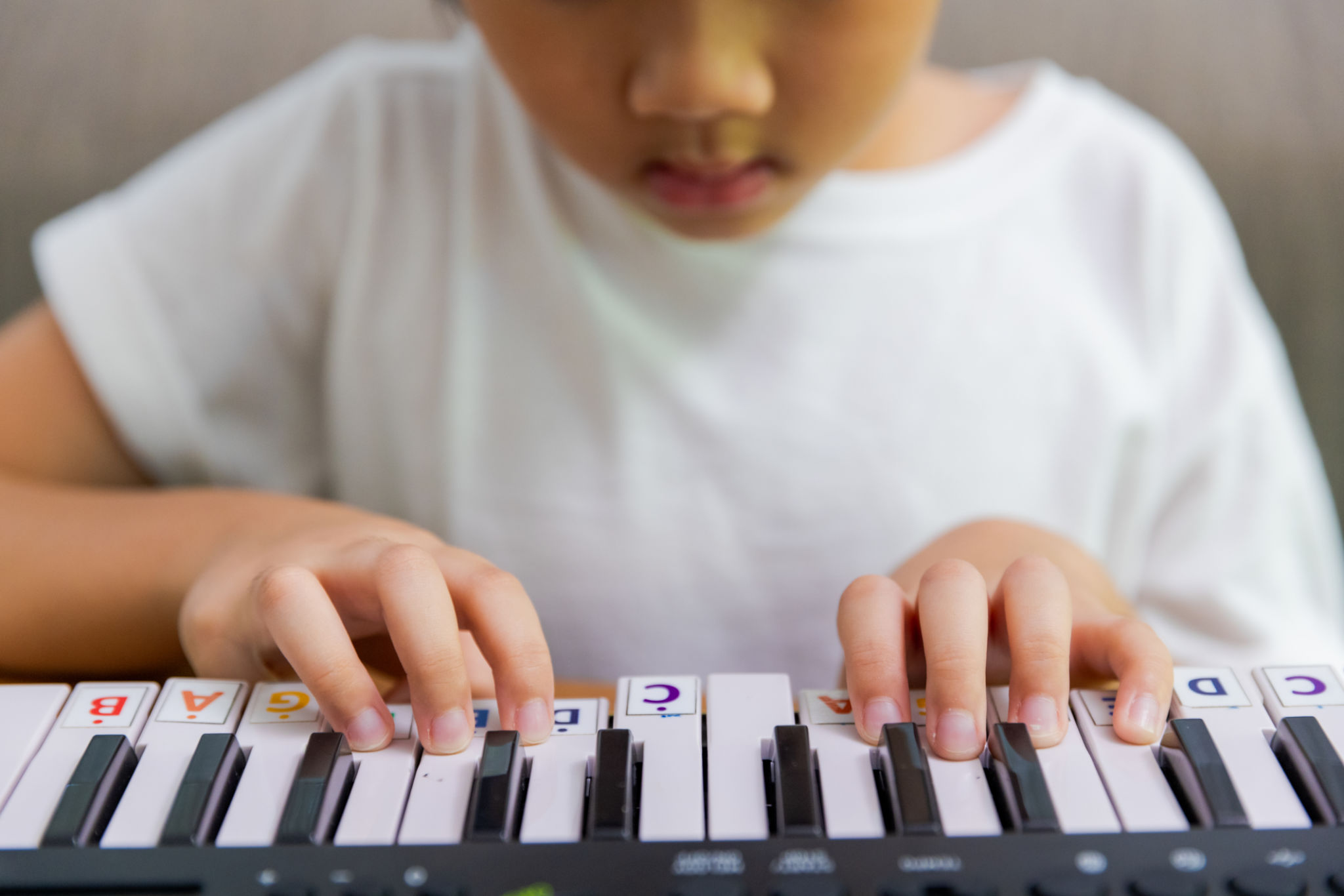A Parent's Guide to Preparing for Your Child's First Piano Lesson
Understanding the Importance of Early Music Education
Starting your child's musical journey with piano lessons is an excellent choice. Learning to play the piano not only helps in developing fine motor skills but also enhances cognitive abilities, such as memory and concentration. Moreover, it introduces children to the world of music, encouraging creativity and self-expression. As a parent, your support and preparation can significantly influence your child's first experience with piano lessons.

Choosing the Right Piano Teacher
One of the most crucial steps in preparing for your child's first piano lesson is selecting the right teacher. Look for someone who specializes in teaching children and has a patient, encouraging approach. It's also beneficial to find a teacher who uses a structured curriculum tailored to young learners. Before committing, consider scheduling a trial lesson to see if the teacher's style aligns with your child's learning preferences.
Considerations for Selecting a Teacher
- Experience with teaching children
- Approachability and patience
- Structured yet flexible teaching methods
Setting Up a Practice Environment
Creating a conducive environment for practice at home is essential. Ensure you have a suitable instrument, whether it's a keyboard or a piano, placed in a quiet area with minimal distractions. Proper lighting and a comfortable seating arrangement will also help your child maintain focus during practice sessions.

Essential Practice Tools
A metronome, sheet music stand, and beginner-friendly music books are beneficial tools to have on hand. These will aid in developing timing and rhythm, making practice sessions more effective and enjoyable for your child.
Establishing a Practice Routine
Consistency is key when it comes to learning an instrument. Establishing a regular practice schedule helps reinforce what is learned during lessons. Start with short practice sessions—around 10-15 minutes daily—and gradually increase the duration as your child becomes more comfortable and confident.

Encouraging Consistent Practice
- Set specific practice times each day.
- Create a reward system for meeting practice goals.
- Stay involved by listening and providing positive feedback.
Managing Expectations
It's important to manage both your own and your child's expectations regarding progress. Learning an instrument is a gradual process, and initial lessons may focus more on foundational skills than playing full pieces. Encourage patience and celebrate small achievements to keep motivation high.
By preparing adequately and fostering a supportive environment, you can make your child's first piano lesson a positive experience. This foundational step can ignite a lifelong passion for music, enriching your child's life in countless ways. Remember, your encouragement and involvement play a pivotal role in their musical journey.
